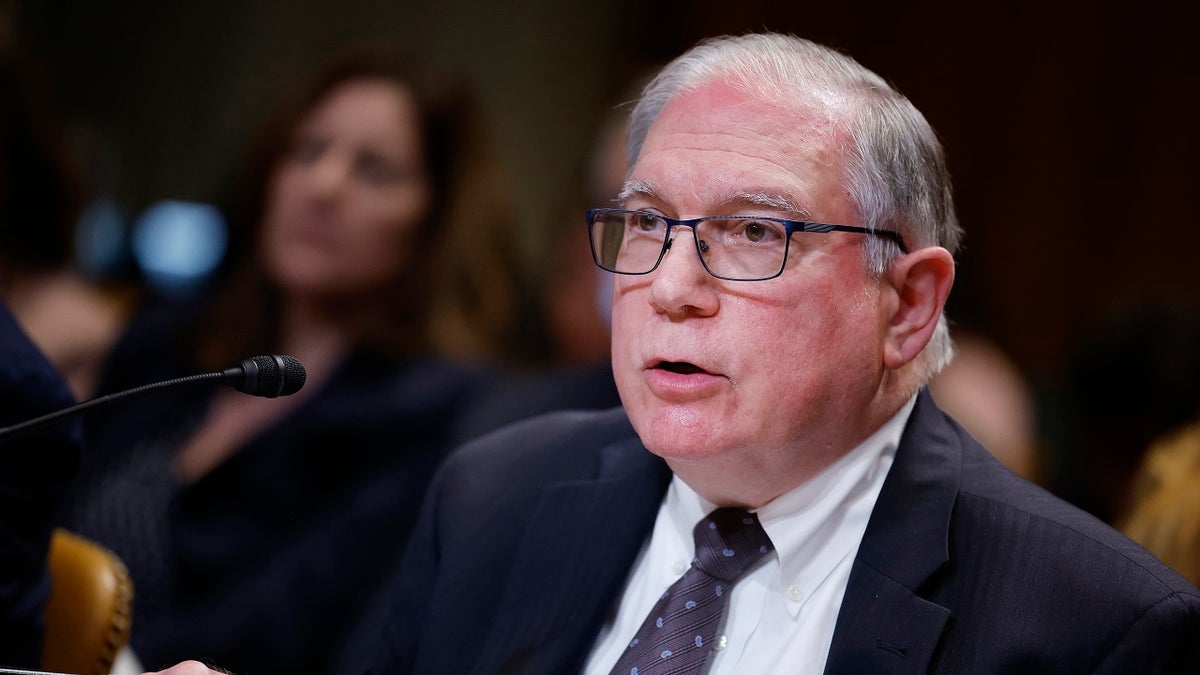Dr. Lawrence A. Tabak, the principal deputy director of the National Institutes of Health (NIH), has unexpectedly resigned. Tabak, who held the second-highest position at the agency and served as acting director during the COVID-19 pandemic, had been with the NIH for 25 years.
His departure, effective February 11, 2025, was announced in an email to NIH staff, which offered no explanation for his decision. Tabak's tenure included leading the National Institute of Dental and Craniofacial Research before becoming principal deputy director in 2010. He notably filled the role of acting NIH director during periods of transition, including the challenging COVID-19 period. During this time, he and Dr. Anthony Fauci frequently faced questioning from Republican lawmakers regarding the NIH's pandemic response.

Tabak's resignation coincides with significant changes within the Department of Health and Human Services (HHS), the NIH's parent organization, following President Trump's return to office. The HHS has experienced program cuts under the new administration, and reports suggest potential staff reductions. While Tabak might typically have been expected to step in as acting director during this transition, the role was instead assigned to Dr. Matthew Memoli, a former National Institute of Allergy and Infectious Diseases researcher and a critic of COVID-19 vaccine mandates.
Congressional investigators have previously implicated Tabak, along with Fauci and former NIH Director Francis Collins, in attempts to influence the narrative surrounding COVID-19's origins. GOP investigations revealed Tabak's participation in a controversial phone call with these figures and other prominent scientists. Critics contend this call contributed to the publication of a scientific paper downplaying the lab-leak theory. Tabak also faced scrutiny for his handling of GOP inquiries into potential gain-of-function research at the Wuhan Institute of Virology, specifically regarding the perceived slow release of information to Republican investigators.

Following the news of Tabak's resignation, Jeremy Berg, former director of NIH’s National Institute of General Medical Sciences, commented on social media, describing Tabak as someone who handled difficult situations and often bore the brunt of criticism when things went wrong. Fox News Digital contacted the NIH for comment but did not receive a response.
Comments(0)
Top Comments